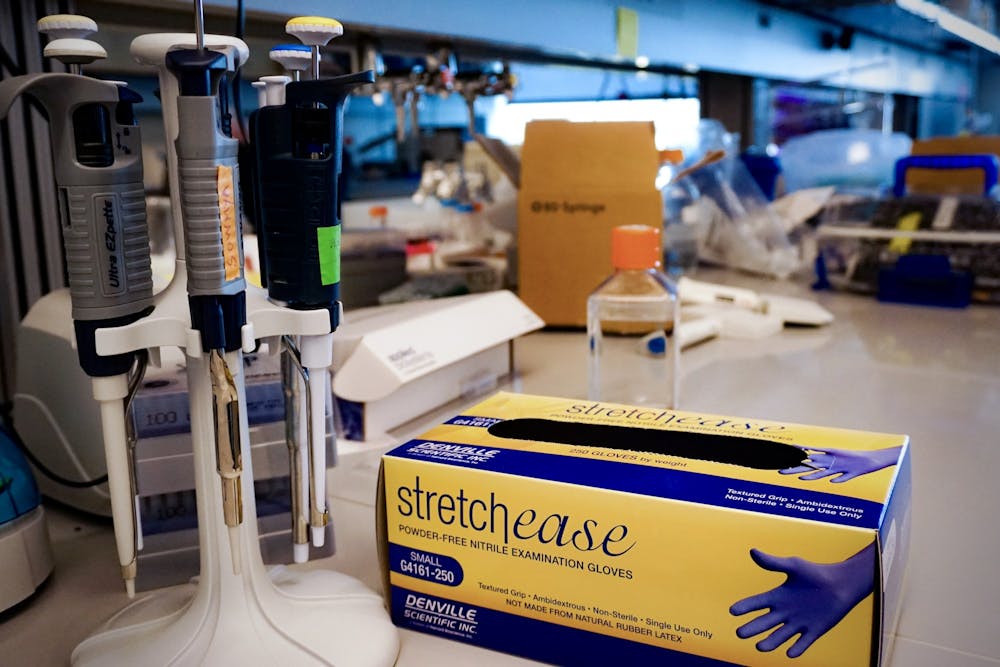
The COVID-19 pandemic has caused not only financial devastation, but irreparable damage to the U.S. population: 1.5 million Americans have fallen ill and nearly 90,000 have died. Numbers so large tend to lose meaning to us, but there are thousands of families, coworkers, and neighbors that will bear those losses for the rest of their lives, long after we’ve forgotten them.
Most Americans want to return to some degree of normalcy, and many jurisdictions have already begun that process. But even in the early stages of America’s reopening, it’s clear that the efforts are disjointed, often based in falsehood, and driven by ulterior motives.
Before reopening efforts were underway, thousands took to the streets voicing their frustration and distrust for governments and public health measures. Those demonstrations cried against oppressive governments and voiced deeply held sentiments opposing science and factual data, opinions that, while not unique to the COVID-19 pandemic, were thrust into national discourse because of it. These protests seemed to reflect the discontent of passionate — though misguided and ill-informed — local residents who simply wanted to continue to make their living. The insidious reality is that these efforts were, in part, organized by groups with connections to conservative political organizations and ties to White House officials. The organizations involved often have stakes in industries that would benefit from a speedy reopening, and encouraging the spread of anti-science ideas can be politically and financially advantageous.
However, it would be inaccurate to portray these attitudes as widespread among the American people. Dr. Dominik Stecuła, a postdoctoral fellow at the Annenberg Public Policy Center, says “Trust in science is still fairly high, trust in the CDC as an institution is much higher than the trust in any of [our] political institutions or the news media,” in an interview. Dr. Stecuła focuses his research on mass media, public opinion, and political polarization, and has published articles on right-leaning media, misinformation, and political partisanship in the context of COVID-19 and the U.S.'s response to it.
“The problem,” he says, “is that you run into issues when a specific case becomes politicized. ... With COVID, unfortunately, it’s new, but it just became politicized right from the beginning.” This swift politicization of COVID-19 is reflected in the testimony of several high-ranking government, scientific, and medical officials.
Dr. Rick Bright, the former head of the Biomedical Advanced Research and Development Authority, testified in front of the Subcommittee on Health of the House Committee on Energy and Commerce as a whistleblower. He holds that he was forcibly removed from his position because he implored increased Congressional funding for “safe and scientifically vetted solutions, and not in drugs, vaccines and other technologies that lack scientific merit.”
Similarly, Dr. Anthony Fauci, Director of the National Institute of Allergy and Infectious Diseases, was criticized by President Trump for his testimony in front of a Senate panel, in which he warned that a second wave of COVID-19 infections was possible and that the reopening, particularly of schools, should be attempted carefully. Evidently, many career scientists and physicians are at odds with those that possess inherently political intentions.
All of these disagreements fundamentally boil down to the tension between information and motivation. In the era of “alternative facts,” what’s true may not be politically or financially beneficial to those in power, so downplaying risks — or flat out misleading the public — has become the modus operandi for much of America’s political leadership.
Dr. Stecuła asserts that shifts in public opinion are primarily driven by the media and that beliefs among the public on COVID-19 were heavily influenced by attitudes perpetuated by right-leaning media sources in the early stages of the pandemic.
More importantly, narratives perpetuated by partisan media sources are often guided by rhetoric from political officials, a phenomenon that Dr. Stecuła refers to as the “trickle-down” pattern. “If you look at coverage on Fox and some right-wing media,” he says, “it was pretty awful up until [President] Trump declared a national emergency. After he signaled that he was serious about this, the coverage changed on a dime, more or less, and that’s what we need.” Partisan media, on either side, tends to follow its leaders, and the presence of conflicting messages is when misinformation tends to flourish.
To combat this, we need to rely on our political leaders to take the charge and endorse appropriate sources of information. Dr. Stecuła says, “If there is cautious messaging coming from prominent Republicans, we can combat a lot of misinformation, because a lot of it starts with them.”
While it’s partly our responsibility to look for information that is reliable and accurate, the truth is that national conversations are driven by those with political power, and many of them have been failing us. From how our leaders have chosen to direct conversations on the pandemic, it’s clear that for some of them, their allegiances don’t lie with their constituents or with the American people.
In the COVID-19 era, we’ve been forced to face the reality of our social contract, with each of us bearing a heightened sense of responsibility for the lives of others. Thousands across the nation have shown their disregard for that responsibility through rhetoric and demonstration, causing serious harm for others. The only reason that disregard is so prevalent is because it is echoed and advocated for by the people we rely on to protect us.
Both we and our leaders need to listen to empirical, evidence-based information if we are going to make it through this together. Dr. Bright said it himself before Congress, “science — not politics or cronyism — must lead the way to combat this deadly virus.”

VARUN SARASWATHULA is a rising College junior from Herndon, V.A. studying the Biological Basis of Behavior and Healthcare Management. His email is vsaras@sas.upenn.edu.
The Daily Pennsylvanian is an independent, student-run newspaper. Please consider making a donation to support the coverage that shapes the University. Your generosity ensures a future of strong journalism at Penn.
Donate






